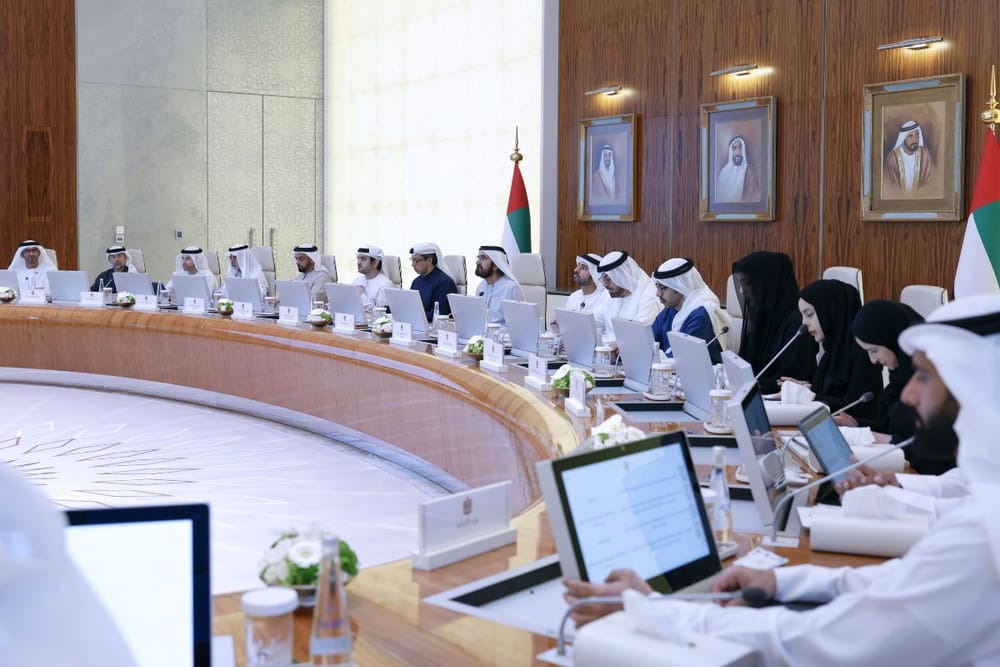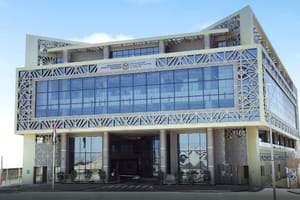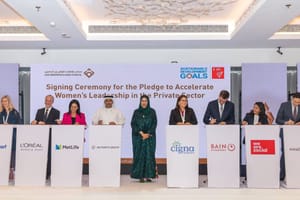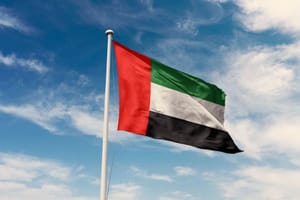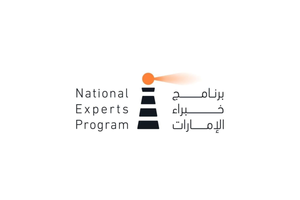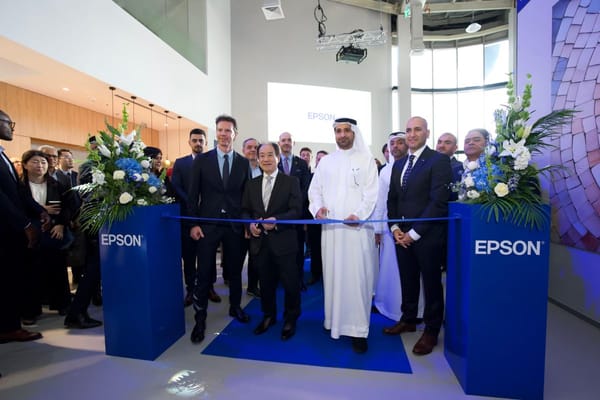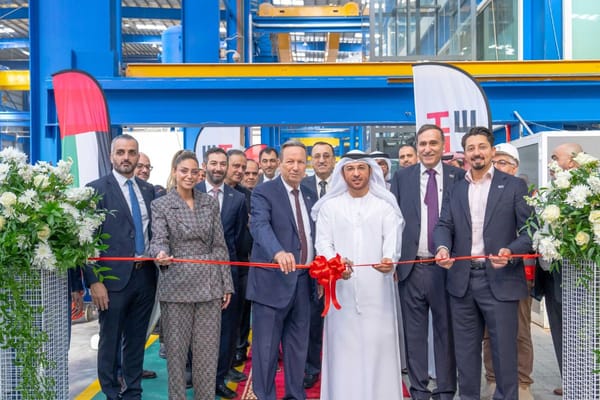His Highness Sheikh Mohammed bin Rashid Al Maktoum, Vice President, Prime Minister, and Ruler of Dubai, chaired a UAE Cabinet meeting at Qasr Al Watan, Abu Dhabi, where significant national initiatives were reviewed and approved.
The meeting was attended by top government officials, including His Highness Sheikh Mansour bin Zayed Al Nahyan, Vice President, Deputy Prime Minister, and Chairman of the Presidential Court, alongside other distinguished ministers.
Etihad High-Speed Passenger Rail
One of the key discussions centered on the Etihad High-Speed Passenger Rail, a transformative project set to enhance mobility across the UAE. Operating at 350 km per hour, the railway will significantly boost economic connectivity, contributing over AED 145 billion to the UAE’s GDP in the next five decades. The project is envisioned as a strategic federal link, reinforcing the country's infrastructure leadership on a global scale.
Strengthening the UAE’s Logistics Sector
To solidify the UAE’s position as a global trade hub, the Cabinet approved the establishment of the UAE Logistics Integration Council. This council will align efforts across federal and local entities, including ports, transport, customs, and railways. With the logistics industry valued at AED 129 billion in 2023, the aim is to expand this sector beyond AED 200 billion in the next seven years.
Driving Innovation and Cybersecurity Leadership
The UAE reaffirmed its commitment to innovation by launching UAE Government Innovation Month, underscoring the Mohammed bin Rashid Centre for Government Innovation’s role in exporting expertise to over 30 governments worldwide. In addition, the Cabinet approved the National Cybersecurity Strategy, reinforcing the UAE’s standing among the top global performers in cybersecurity and ensuring a secure digital environment.
Talent Attraction and Economic Development
The Cabinet launched a new phase of the UAE Strategy for Talent Attraction and Retention 2031, targeting key sectors such as technology, renewable energy, healthcare, aviation, and creative industries. The UAE remains the world’s top destination for professionals seeking new career opportunities, as highlighted in a LinkedIn report.
Advancing Digital and Geospatial Policies
The approval of the API-First Policy will accelerate digital integration across government systems, fostering public-private sector partnerships. Additionally, the UAE National Geospatial Data Policy was introduced to enhance data management and decision-making efficiency.
Sustainability and Circular Economy Agenda
The Cabinet reviewed the UAE Circular Economy Agenda 2031, highlighting progress in managing agricultural resources, supply chains, and bio-diesel production. Updates on the National Strategy to Combat Desertification 2022-2030 showcased efforts in rehabilitating 1,800 hectares of degraded land and stabilizing carbon levels in 98.2% of monitored areas.
Key National and International Partnerships
The UAE Cabinet approved the country’s accession to the World Association of Investment Promotion Agencies (WAIPA), reinforcing international cooperation in investment attraction. Additionally, 33 international agreements were ratified, including four tax agreements with Qatar, Kuwait, Australia, and Jordan.
Hosting Global Events
To further elevate its role as an international hub, the UAE will host major events, including the United Nations Congress on Crime Prevention and Criminal Justice, the Conference of Arab Economic Cooperation, and the First International Camel Forum 2025.
With these strategic decisions, the UAE continues to drive economic progress, innovation, and sustainability, reinforcing its global leadership in trade, infrastructure, and digital transformation. The initiatives approved by the Cabinet reflect the country’s long-term vision for a prosperous and resilient future.
News Source: Emirates News Agency
